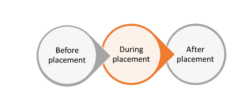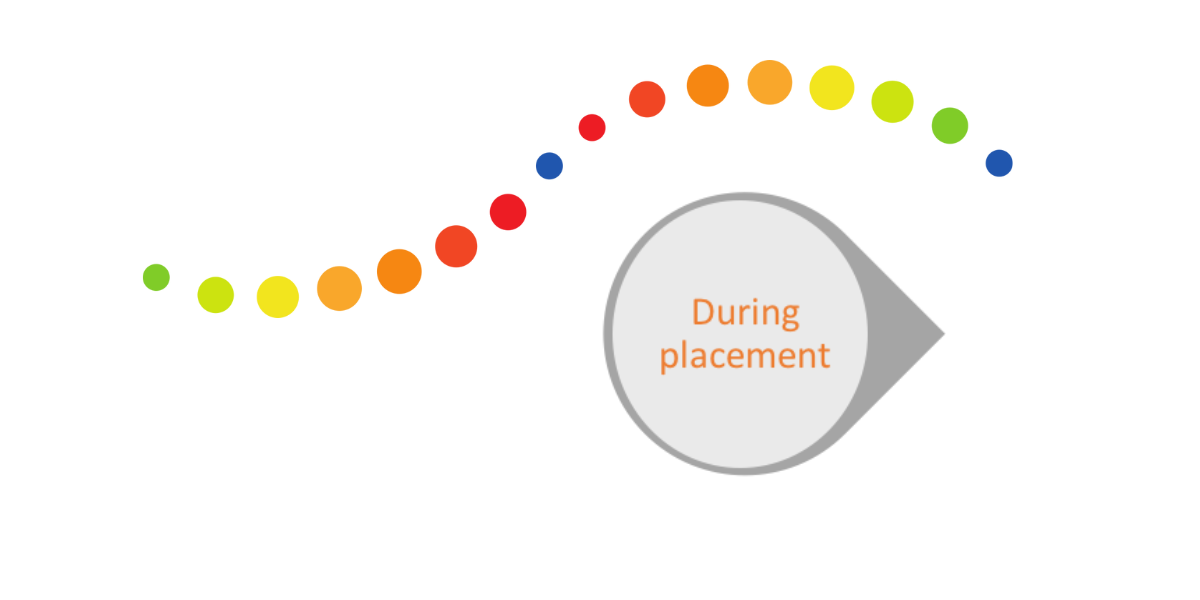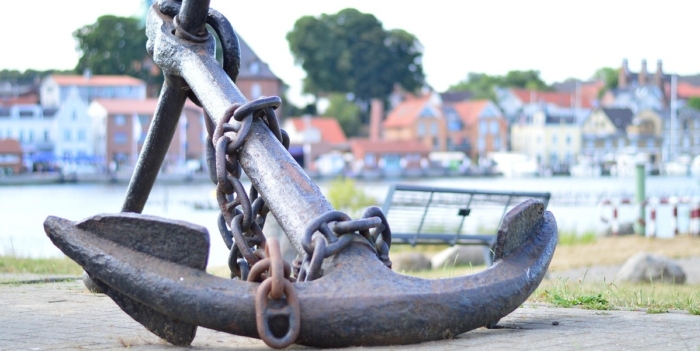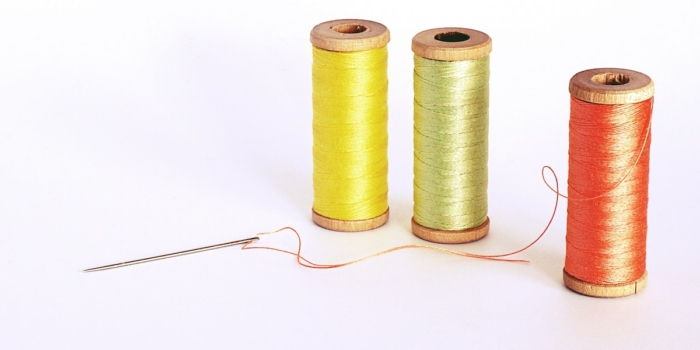 Your Placement Journey Toolkit is designed to support you to get the best from your placement experience. It will help you to think about your placement, looking at your expectations, recognising your own responsibilities alongside those of your university and placement provider.
Your Placement Journey Toolkit is designed to support you to get the best from your placement experience. It will help you to think about your placement, looking at your expectations, recognising your own responsibilities alongside those of your university and placement provider.
Aligned with the Engineering Placements Toolkit, designed for education institutions and employers, this toolkit aims to support your placement experience in three key stages: before, during and after placement.
During your placement you have the responsibility to get the most of your experience. Be proactive in seeking out experiences for your level of practice and skills with the support of your placement supervisor at the company.
How can I get the most of my placement?
Communication
Communication is key. Demonstrate your willingness to work as part of the team and adopt a reflective approach to your learning. Don’t be afraid to ask questions. Ask for feedback as much as possible.
Reflective skills
Also, reflect on your progress. Writing a log book and or/diary will help you not only to track and gather evidence of your learning, but also to increase your self-awareness and confidence.
Continuous development
Look out for learning opportunities in your company that were not initially expected to occur in your placement. Also, utilize learning opportunities outside the placement. Have you ever thought about learning a new language, or develop your business skills? Employers value your ability to learn new things inside and outside your field of study. Have a look at your university’s free courses or explore online resources such as:
Develop your professional network
Engage with your colleagues, be part of the team and be open to new learning experiences. Work in as many projects as possible, even if not directly related with your placement learning outcomes. You might enjoy things that you were not initially considering to do. Many students were offered jobs after their placements because of their engagement with the company.
How will I be assessed?
Make sure you know the criteria in advance. What is expected from you? Know your learning outcomes, learning tasks and assessment which you should agree with both your academic and your placement supervisors.
I am struggling with my placement. What can I do?
Seek guidance and support from your placement supervisor to enable you to achieve your learning outcomes.
If the relationship with your placement placement supervisor is not working for any reason, seek help from your university’s academic supervisor.
Work-life balance
Your placement can be a bit daunting in the beginning. You may feel that is all about work and getting yourself stuck in. However, it’s also important to have a good work-life balance.
Top Tips
- Be proactive. Use your placement as an opportunity to develop your professional network. Create a LinkedIn profile.
- Appreciate that your supervisors have other responsibilities besides you. Be clear, professional and flexible in your dealings with them.
- Arrange meetings proactively with your supervisors, ensure you have a clear agenda and keep your appointments.
- Don´t forget to enjoy your life outside placement.
Read more
Any views, thoughts, and opinions expressed herein are solely that of the author(s) and do not necessarily reflect the views, opinions, policies, or position of the Engineering Professors’ Council or the Toolkit sponsors and supporters.




